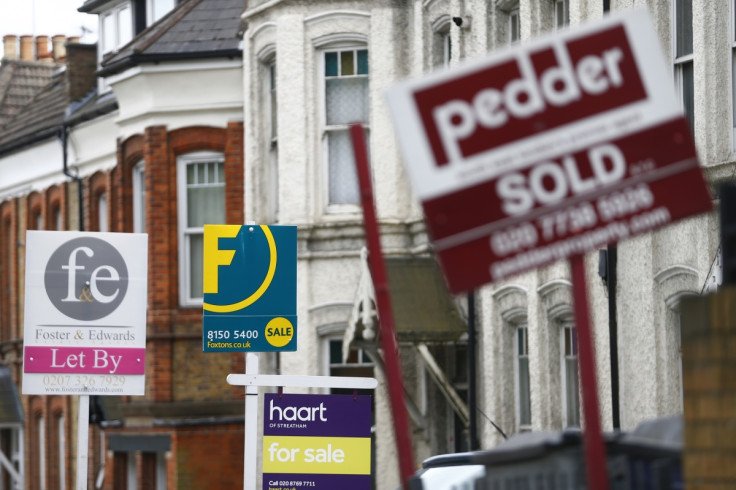UK Reaps More From the Dead and Homebuyers than Alcohol and Cigarettes

Britain's government makes more from inheritance tax and stamp duty than from levies on alcohol and cigarettes - the so-called "sin taxes".
According to Whitehall's official data, people who are saving to buy a home or those who are bequeathed a dead person's estate will bear the brunt of the government's revenue collection over the next two years.
Inheritance tax (IHT), stamp duty land tax and stamp duty on shares are expected to raise £21.9bn (€27.4bn, $37.3bn) by the end of the 2015/16 financial year.
Meanwhile, taxes on tobacco, wine, beer and cider are forecasted to raise £21bn during the same period.
However, the UK Treasury put out a media statement on the analysis of the figures, and hinted that the government was in fact helping old people and couples.
"These figures were published in March at the Budget and while we are having to pay off Labour's deficit, couples can still leave £650,000 tax free," said a spokesperson.
"Importantly, freezing the IHT threshold means we can pay to end the scandal of people having to sell their homes to pay for social care – meaning they often had no home to leave to their children and grandchildren in the first place."
HMRC says that most estates "don't have to pay IHT because they're valued at less than the threshold (£325,000 in 2014 to 2015)".
However, inheritance tax is payable at 40% on everything above that threshold, or 36% if the estate qualifies for a reduced rate as a result of a charitable donation.
In terms of stamp duty, Britons also can look forward to paying 1% on the property valued between £125,000 and £250,000; or pay 3% on properties worth £250,001 to £500,000.
Properties priced at £500,001 to £1m carry the stamp duty tax of 4%. For homes worth £1m to £2m, buyers pay 5%, while all properties from £2m onwards pay 7%.
© Copyright IBTimes 2024. All rights reserved.






